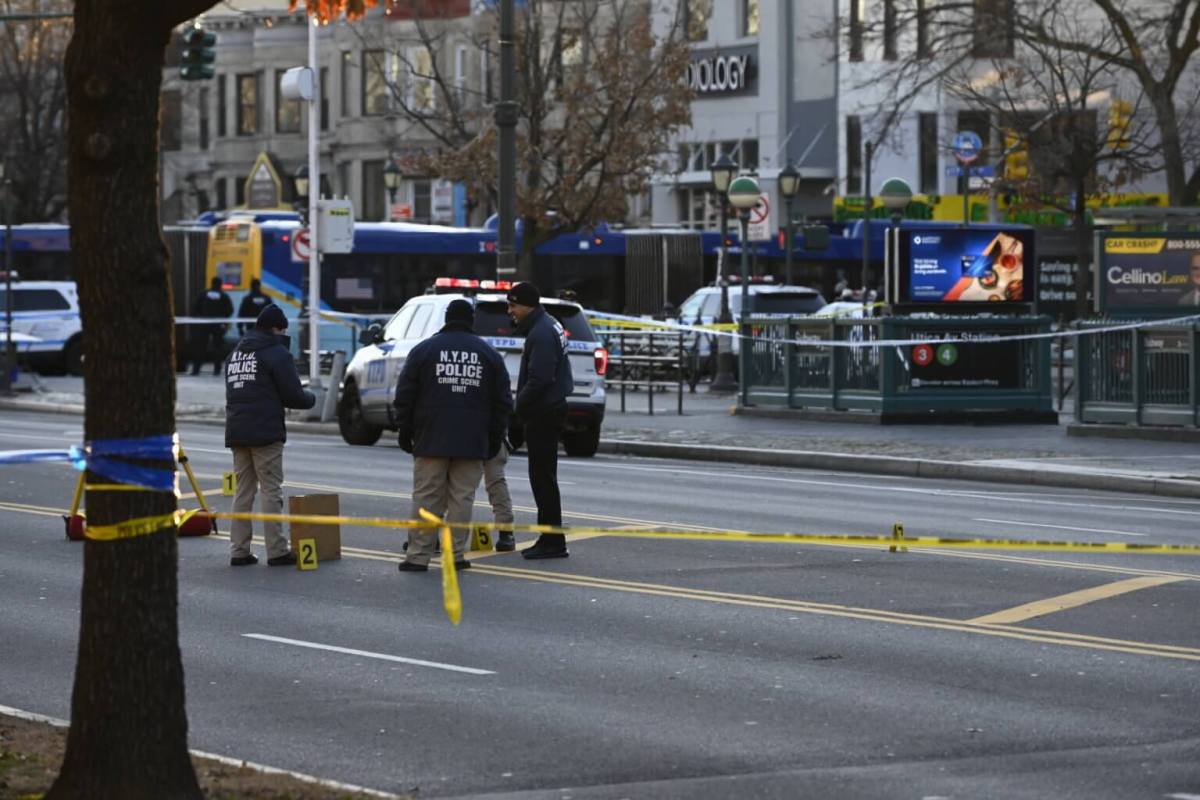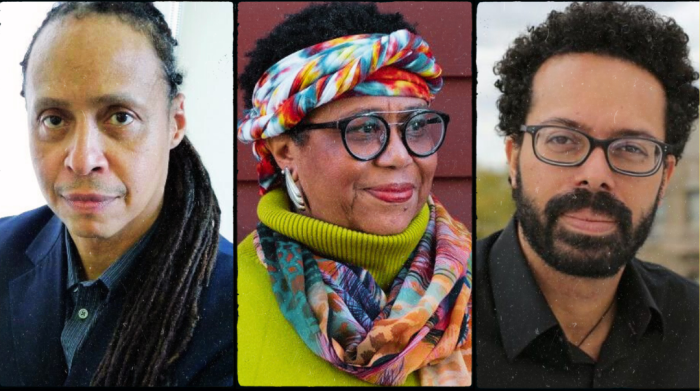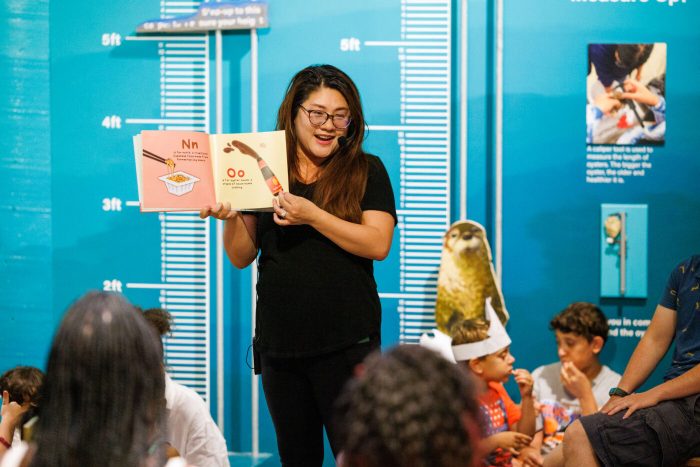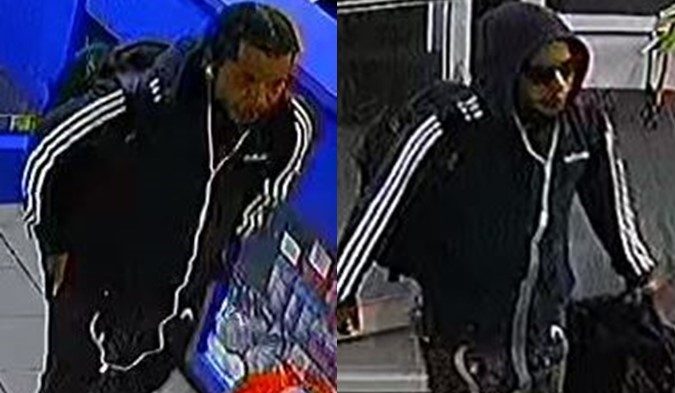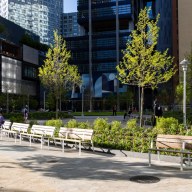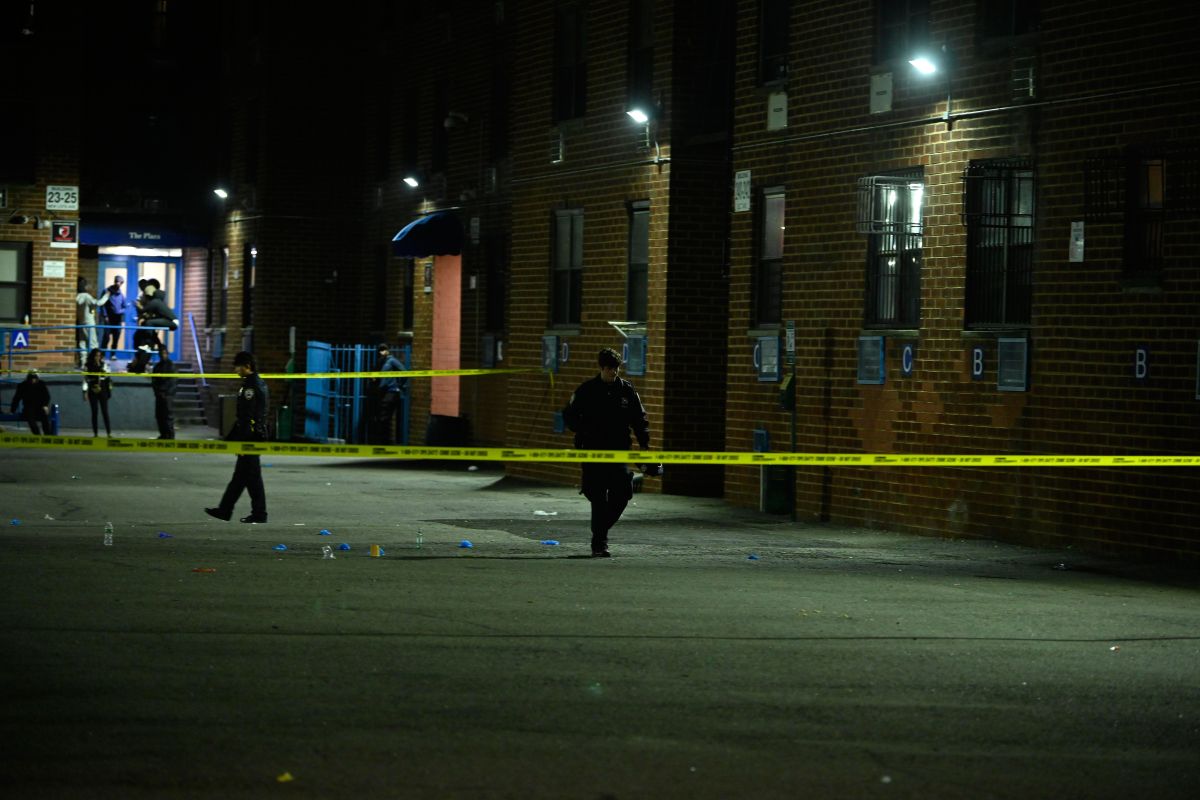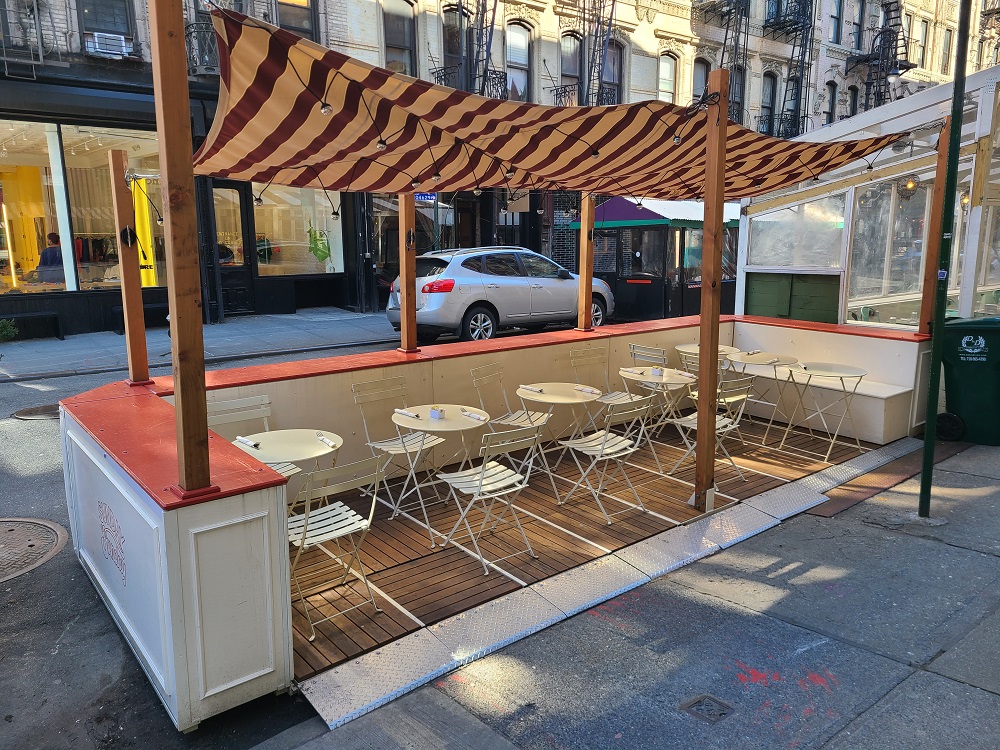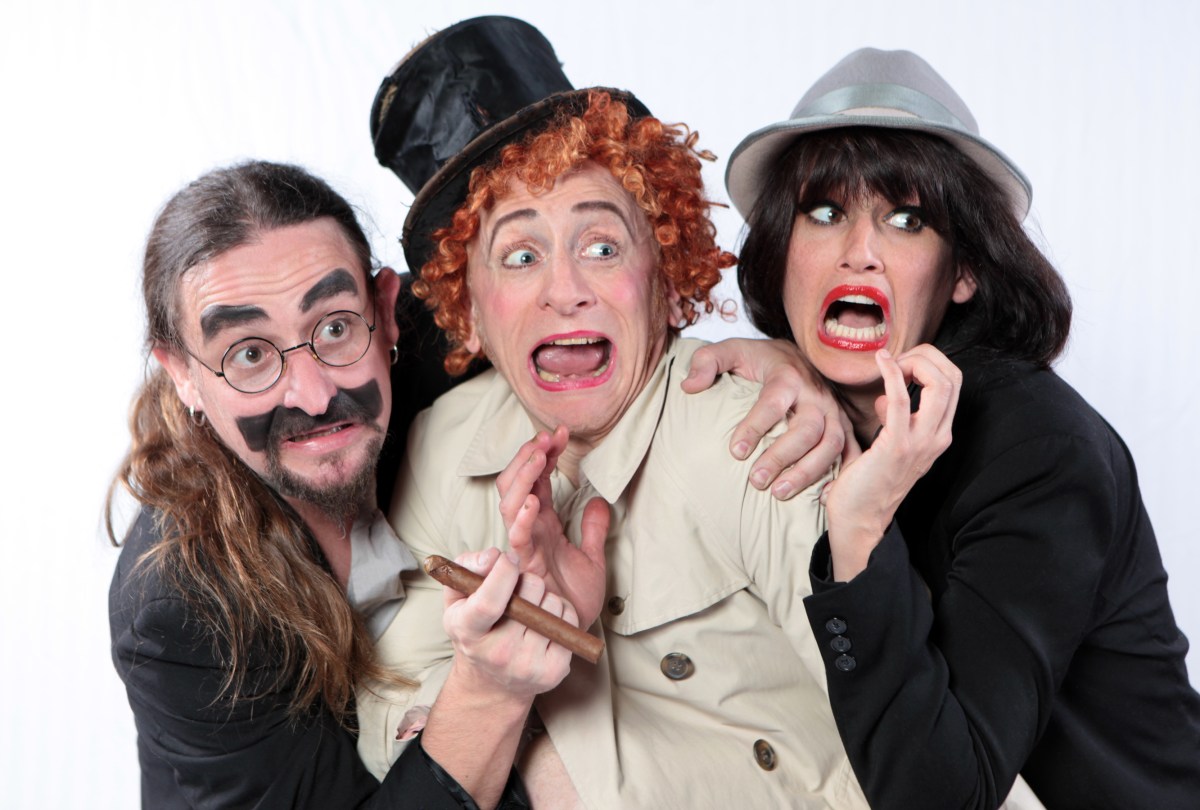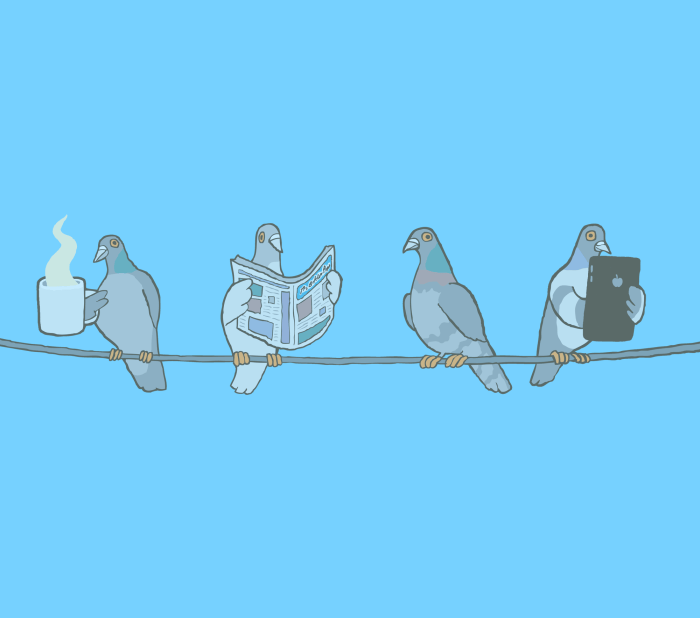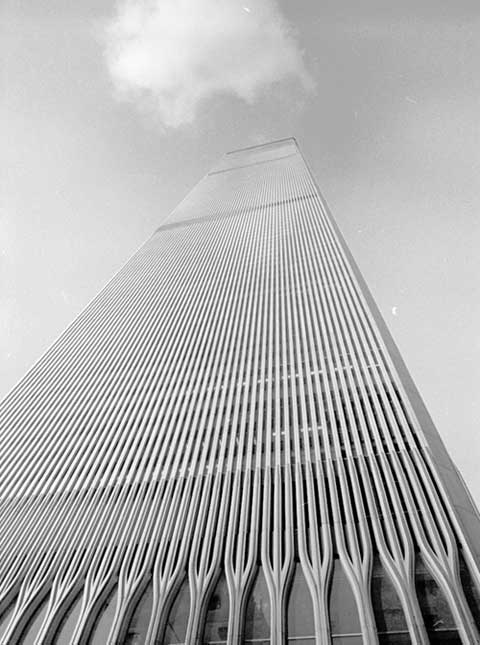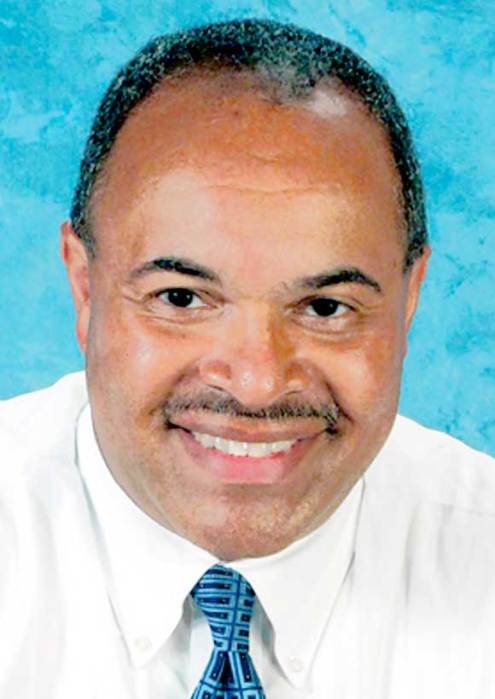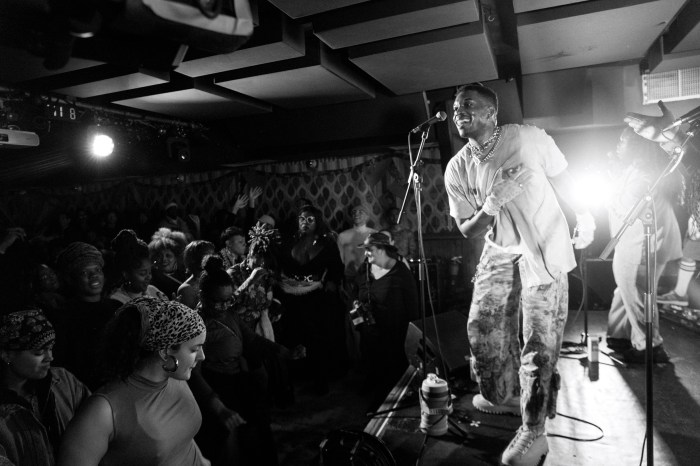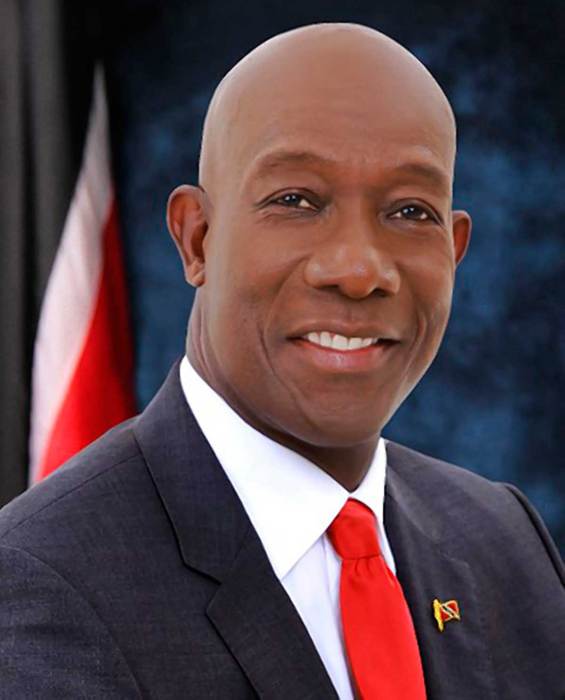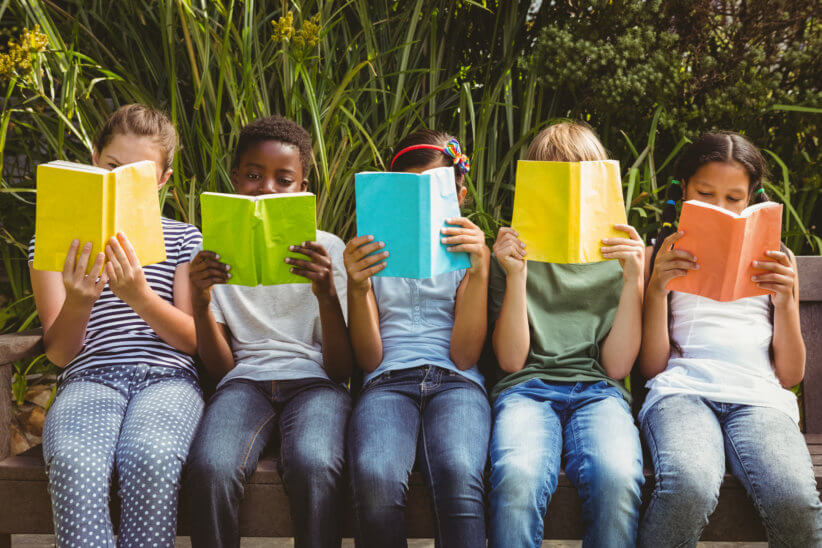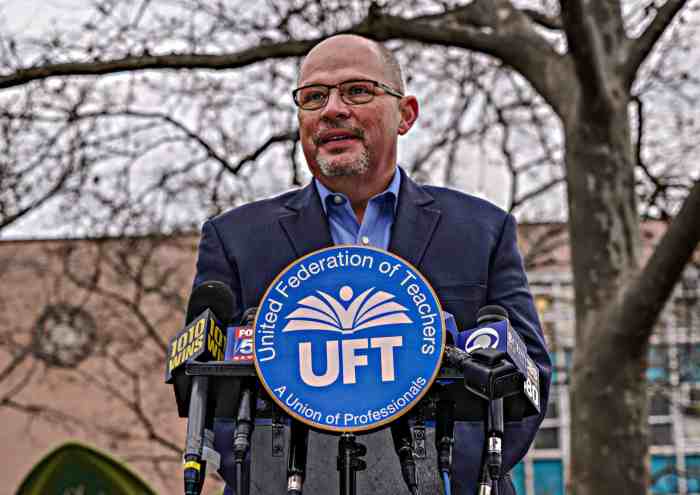Teams of mental health and social workers will be deployed in Central Brooklyn as first responders to 911 calls where someone is in emotional distress, Mayor Eric Adams announced Tuesday.
The announcement was made during Hizzoner’s executive budget unveiling speech at the Kings Theatre, where he said his proposal would include $55 million to expand the Behavioral Health Emergency Assistance Response Division (B-HEARD) program — which began as a pilot in Harlem and was expanded to Washington Heights and parts of the South Bronx earlier this year — to Central Brooklyn, eastern Queens, and the rest of the South Bronx.
“Not every call needs the police,” Adams said in his Tuesday speech. “B-HEARD teams deescalate tense situations and connect people in crisis to the care they need.”
The City Council had requested a slightly higher allocation, about $61 million, for the program in its budget response, but the mayor’s announcement was well-received by members of the political class in the audience at his speech.
The program dispatches trained mental health professionals, EMTs, and FDNY personnel, rather than police officers, to respond to 911 calls relating to mental health emergencies, de-escalate the situation, and connect the person in distress with mental health care and services.
Police reform advocates say that cops often escalate, rather than de-escalate, mental health episodes, and the consequences can and often are dire.
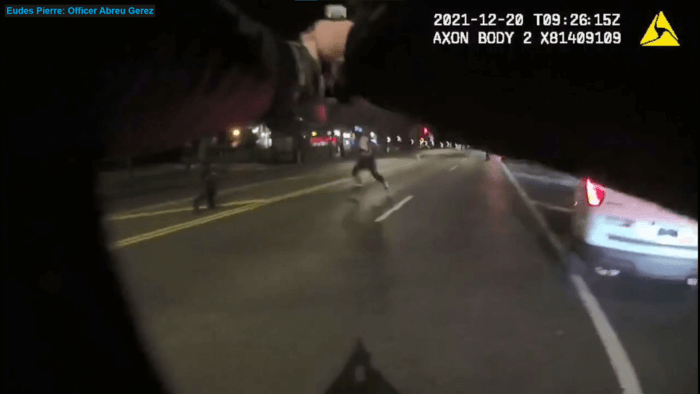
The allocation comes not long after 26-year-old Eudes Pierre was shot and killed by NYPD officers in December during a mental health episode in Crown Heights, in which he walked in and around the Utica Avenue subway stop while holding a kitchen knife in one hand and leaving the other in his pocket, making it appear he had a gun. After failing to deescalate the situation, and failing to subdue him with a taser, Officer Conrado Abreu Gerez shot Pierre seven times while he was running at another officer.
The NYPD deemed the incident a likely “suicide-by-cop,” but Pierre’s mother Marguerite Jolivert said that her son had mental health problems, and officers had been called to intervene in previous suicide attempts. Following his death, Jolivert said she wished mental health counselors had been called to the scene that day rather than cops.
In Harlem, mental health responders provided many people in emotional distress with on-site treatment or connected them directly to community-based mental health care, according to initial pilot data released by B-HEARD last year. More people accepted assistance from mental health professionals than from cops, B-HEARD found.
But police were still deployed to the vast majority of mental health calls in Harlem during the pilot, data shows, and B-HEARD teams only responded to 564 mental health calls out of thousands made to 911. Emergency dispatchers routed only 22 percent of mental health calls to B-HEARD, to which their teams responded to 82 percent of incidents; the group says it wants to be routed to at least 50 percent of such calls.
Reached for comment, the family’s lawyer Sanford Rubenstein said that Pierre may still be alive today had mental health first responders been dispatched to the scene, as they will be henceforth in the area where it took place, and said that the mayor’s announcement was a “step in the right direction.”
“We’ll never know, but it’s certainly a possibility,” Rubenstein told Brooklyn Paper. “It’s certainly appropriate that they’ve begun to focus on the problem that mental health workers need to be sent with police when they interact with the mentally ill. Certainly this is a step in the right direction.”


